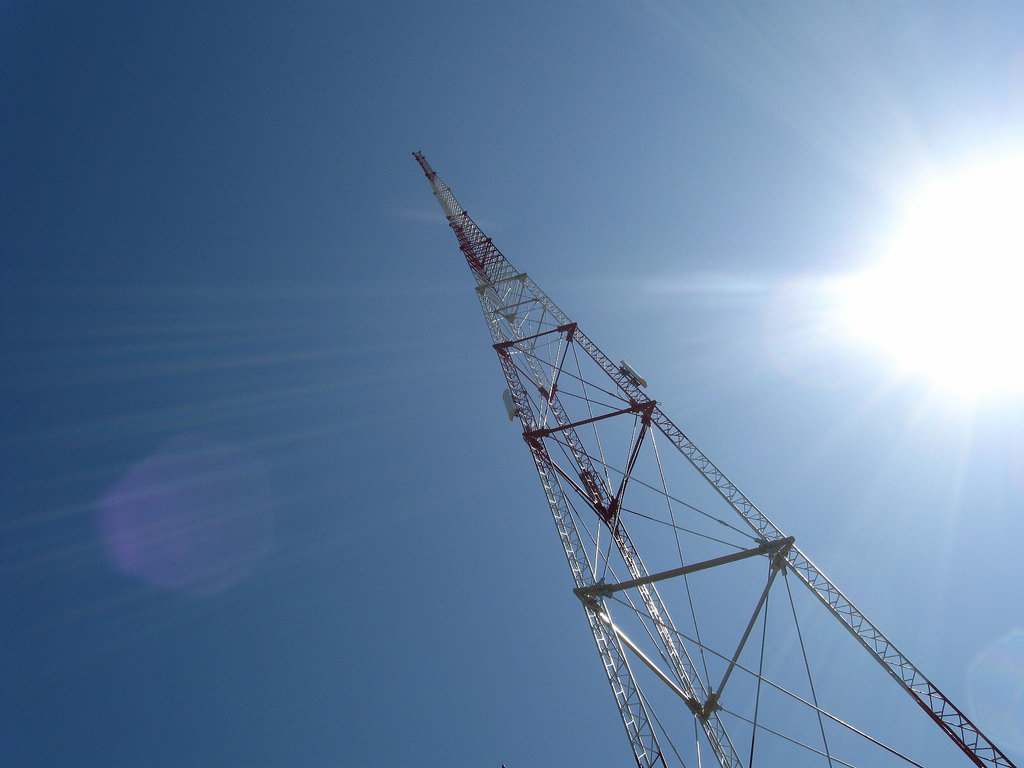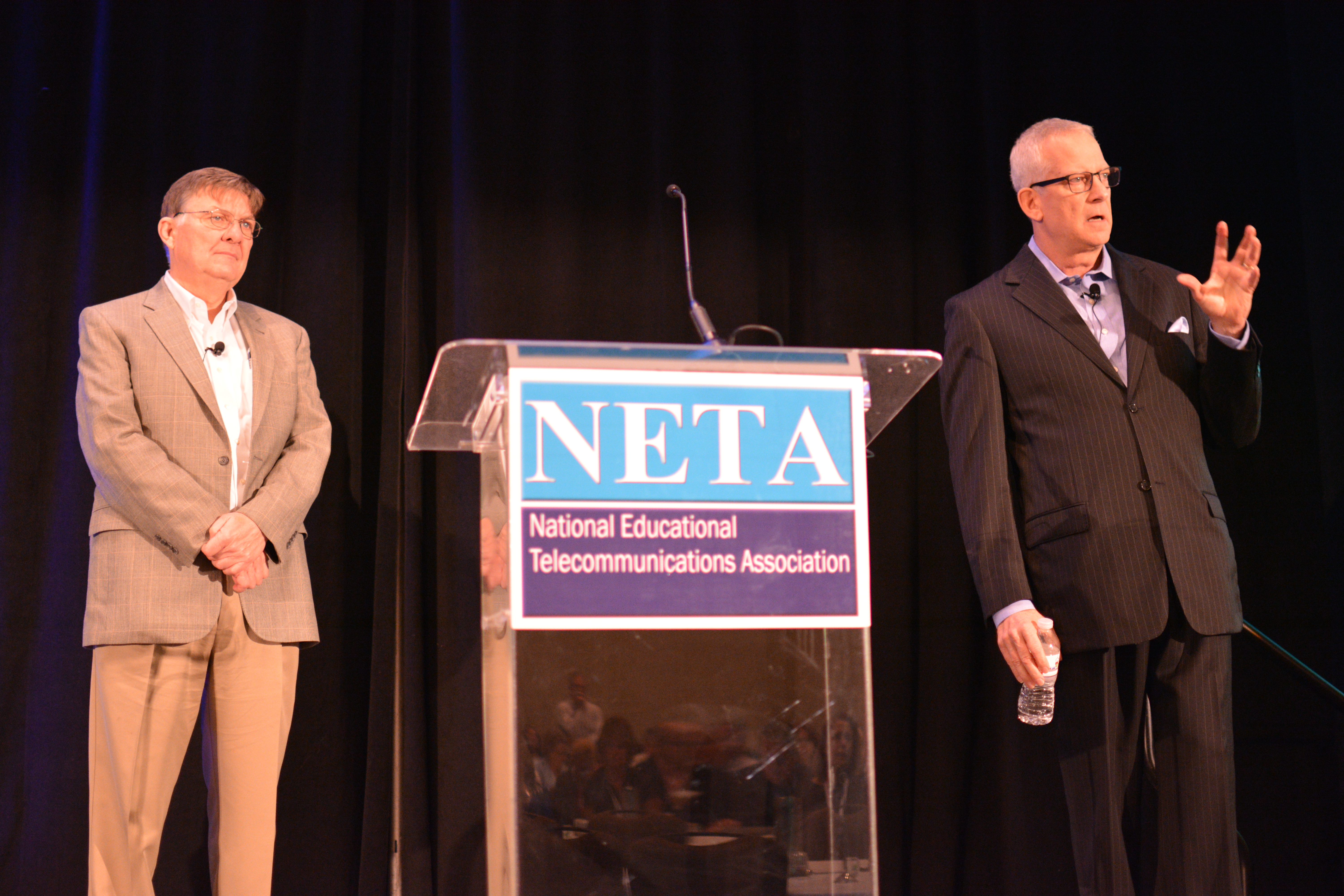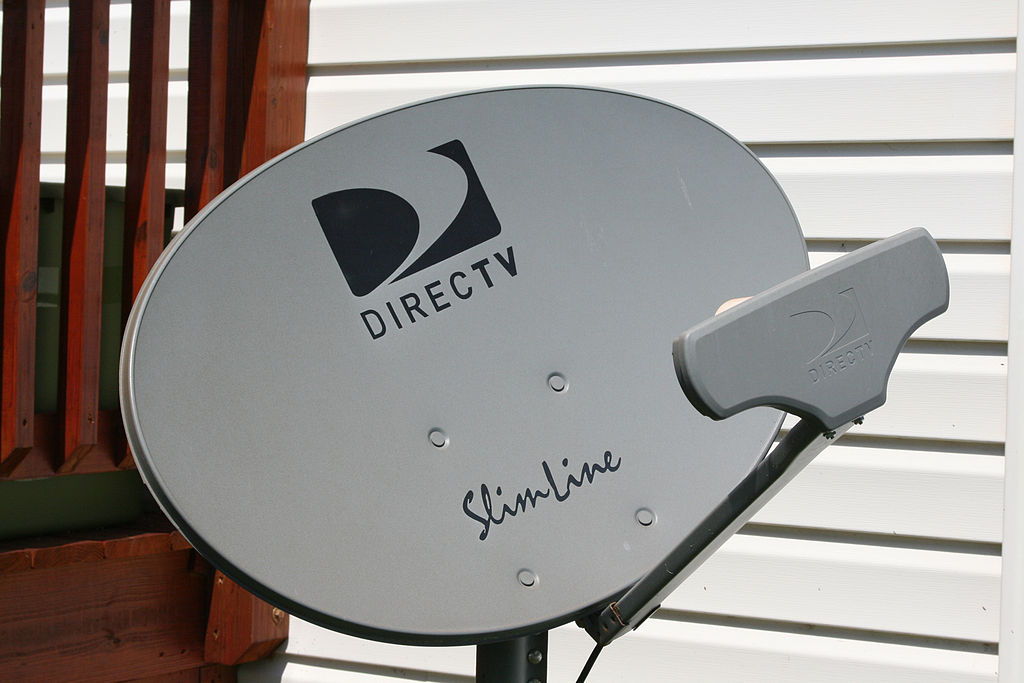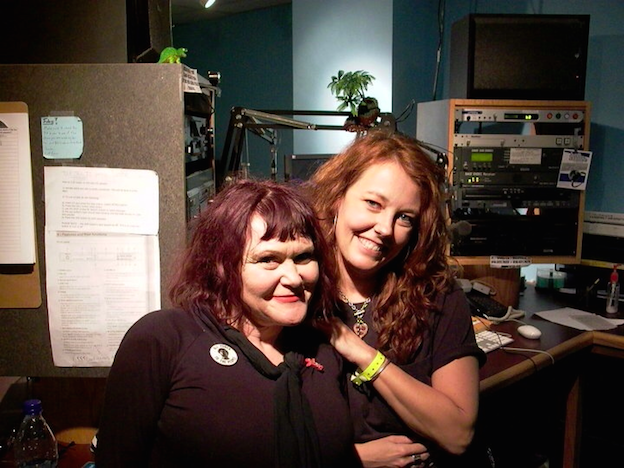Tag: FCC
Pubcasters fear FCC ruling could deter board members from serving
“This is the nightmare we have been fighting against for years.”FCC gives noncommercial stations temporary exemption from online public files
The exemption gives stations two years before they are required to post online public files with the agency.A guide to the FCC spectrum auction
Learn how the auction will work and what it means for public TV stations and viewers.Why public radio stations should care about the TV spectrum auction
The auction’s biggest impact will be on public TV, but a consultant warns that radio could experience fallout.In spectrum auction, stations advised to take skeptical view of opening bids
Consultants say opening bid amounts are unlikely to reflect what stations could actually receive.NETA attendees get update on funding outlook and auction plans
An Association of Public Television Stations briefing focused on federal funding prospects and the next steps in the FCC’s 2016 spectrum auction.Stations moving to VHF should receive equal treatment in auction, pubcasters tell FCC officials
Public broadcasters met with FCC Chair Tom Wheeler and other commission officials Monday.FCC declines to protect public TV in 2016 spectrum auction
In a ruling issued Friday, the FCC also denied a petition to protect TV translators, which many rural stations use.FCC to provide spectrum bids to stations by September, CPB Board hears
Stations have 60 days from receiving bids to declare whether they will participate in the auction, set for mid-2016.Court denies NAB challenge to aspects of spectrum auction
FCC Chair Wheeler said the decision provides "the certainty necessary to proceed apace toward a successful auction in the first quarter of ...Pubcasters seek relief in carriage standoff with satellite companies
Some satellite TV subscribers lack access to news, public affairs and other programming from their state networks.Public radio outlets ask FCC for pass on online public files
Maintaining online public files would be too big a burden for some radio stations, pubcasters argue.Pubcasters ask FCC to boost payouts for auction participants opting for VHF channels
A Virginia broadcaster might swap some of its UHF TV channels for VHF during the FCC’s incentive auction and wants a bigger ...Former Nashville radio station finds new life as low-power FM
A forthcoming low-power FM station in Nashville, Tenn., aims to revive the spirit of a Vanderbilt University student-run station.FCC schedules initial workshops on spectrum auctions
The workshops will run nationwide between February and May.









